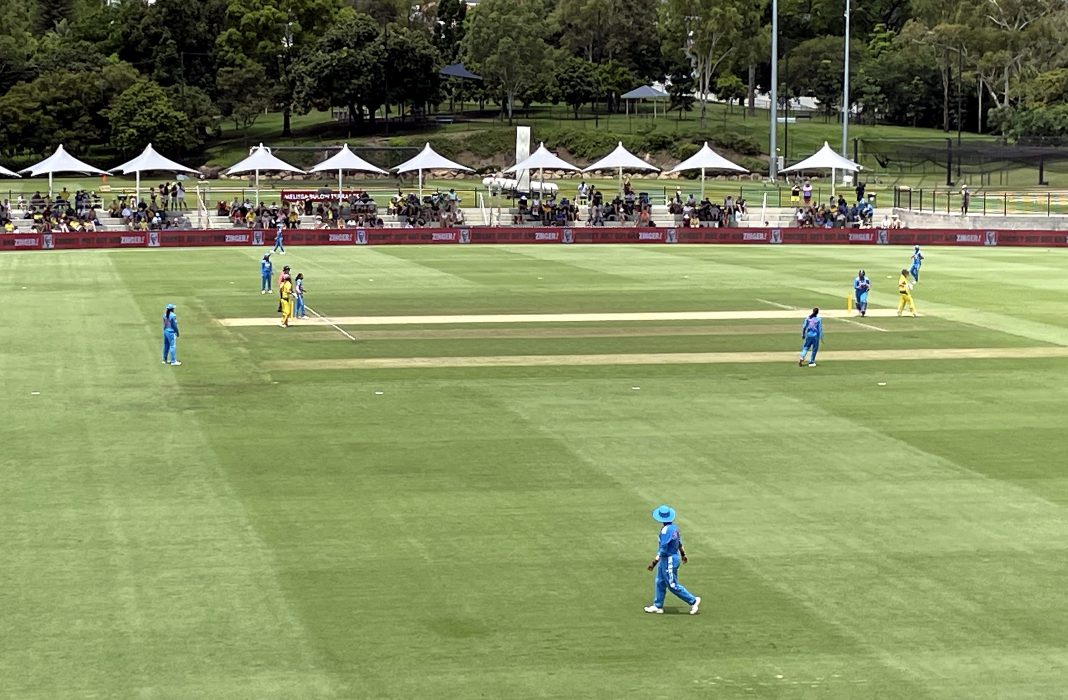Dipak Kurmi
The Northeast region of India, a diverse and culturally rich expanse, has long been embroiled in a complex interplay of state politics, identity crises, and issues of illegal migration. These factors intertwine to create a unique socio-political tapestry, marked by challenges and opportunities. While the border-centric discourse often dominates the narrative, addressing these issues holistically requires a broader lens that encompasses historical, socio-cultural, and economic dimensions.
Historical Context and the Shaping of Identities
The Northeast’s geopolitical and cultural uniqueness stems from its history as a crossroads of civilizations. Its eight states — Arunachal Pradesh, Assam, Manipur, Meghalaya, Mizoram, Nagaland, Tripura, and Sikkim — are home to over 200 ethnic groups and a multitude of languages. Historically, these communities existed relatively autonomously, with limited interaction with larger Indian or colonial administrative frameworks. The colonial annexation of the region brought these diverse communities into a single administrative fold, setting the stage for identity-based conflicts.
Post-independence, the region’s incorporation into the Indian state was met with resistance in many quarters. The reorganization of states on linguistic and ethnic lines in the mid-20th century further fragmented identities. Over time, the push for self-determination in states like Nagaland, Mizoram, and Manipur often clashed with the central government’s emphasis on national unity. This historical backdrop underscores the identity crises that have persisted in the region, with communities vying to preserve their cultural and political autonomy.
Illegal Migration: A Lingering Concern
The issue of illegal migration, particularly from Bangladesh, has been a lightning rod for tension in the Northeast, most notably in Assam. Migration patterns in the region have a long history, beginning during British colonial rule when laborers were brought into Assam’s tea plantations and farmland. Post-Partition, migration intensified due to political upheavals, economic disparities, and porous borders. The 1971 Bangladesh Liberation War further escalated migration, reshaping the demographic landscape of many areas.
In Assam, the large-scale influx of migrants led to fears of cultural dilution and economic marginalization among the indigenous Assamese population. The Assam Movement (1979–1985), spearheaded by the All Assam Students’ Union (AASU), epitomized these anxieties, demanding the detection and deportation of illegal migrants. This culminated in the Assam Accord of 1985, which promised to address illegal migration. However, its implementation has remained contentious, and debates around citizenship and belonging have only deepened with initiatives like the National Register of Citizens (NRC) and the Citizenship Amendment Act (CAA).
Illegal migration also affects other states in the region. Tripura’s demographic transformation due to the influx of migrants from present-day Bangladesh is a stark example, where indigenous Tripuri communities have become minorities in their own homeland. In states like Manipur and Arunachal Pradesh, concerns about migration often intersect with fears of encroachment on tribal land and resources, further exacerbating tensions.
Identity Crisis and the Politics of Belonging
The identity crisis in the Northeast is deeply intertwined with migration. Indigenous communities, already grappling with the pressures of globalization and cultural homogenization, view migration as an existential threat to their heritage. These fears are compounded by the region’s history of neglect and alienation from mainstream Indian politics. The imposition of policies perceived as insensitive to local realities has often fueled feelings of marginalization.
The enactment of the Citizenship Amendment Act (CAA) exemplifies this disconnect. While the CAA aims to provide citizenship to persecuted minorities from neighboring countries, its selective approach—favoring certain religious groups—has been criticized as undermining the secular ethos of the Indian Constitution. In the Northeast, the CAA is particularly contentious, as it is seen as legitimizing the presence of migrants who are perceived to threaten indigenous identities. This has led to widespread protests and further strained relations between the region and the central government.
Beyond Border Politics: A Holistic Approach
To address the intertwined issues of state, identity crisis, and illegal migration in the Northeast, it is imperative to move beyond a narrow focus on border control and enforcement. Instead, a more inclusive and multidimensional strategy is needed.
- Empowering Local Governance and Cultural Preservation: Strengthening local governance mechanisms is crucial for addressing identity-related concerns. Autonomous councils, such as those under the Sixth Schedule of the Indian Constitution, can play a pivotal role in empowering indigenous communities. Supporting cultural preservation through education, language promotion, and heritage conservation can also foster a sense of pride and belonging.
- Economic Development and Integration: Economic marginalization often fuels resentment against migrants, who are seen as competitors for limited resources. Promoting inclusive development in the Northeast—through investments in infrastructure, education, and job creation—can help alleviate these tensions. Cross-border economic cooperation with neighboring countries, such as Bangladesh, can also transform migration into an opportunity rather than a challenge.
- Comprehensive Border Management: While border control remains essential, it must be coupled with humanitarian considerations. Fencing and surveillance should be complemented by measures to ensure that legitimate refugees and asylum seekers are treated with dignity. Bilateral agreements with Bangladesh and Myanmar can facilitate better border management and address the root causes of migration.
- Fostering Dialogue and Reconciliation: Open dialogue between communities is essential for resolving identity-related conflicts. Platforms for inter-community engagement can build trust and reduce polarization. Similarly, constructive engagement between the central government and state governments is critical for crafting policies that reflect local realities.
- Reevaluating Citizenship Frameworks: Policies like the NRC and CAA must be revisited to ensure fairness and inclusivity. A citizenship framework that respects the rights of indigenous communities while adhering to constitutional principles of equality and justice can help resolve longstanding grievances.
The Northeast of India, with its vibrant mosaic of cultures and histories, is at a crossroads. The challenges of illegal migration, identity crises, and state politics are not merely issues of law and policy but touch upon the very essence of belonging and coexistence. Moving beyond border-centric narratives requires a nuanced and empathetic approach that addresses the root causes of conflict while fostering harmony and development. Only by embracing the region’s diversity and empowering its people can India unlock the Northeast’s full potential as a bridge to Southeast Asia and a symbol of unity in diversity.
(the writer can be reached at dipakkurmiglpltd@gmail.com)




